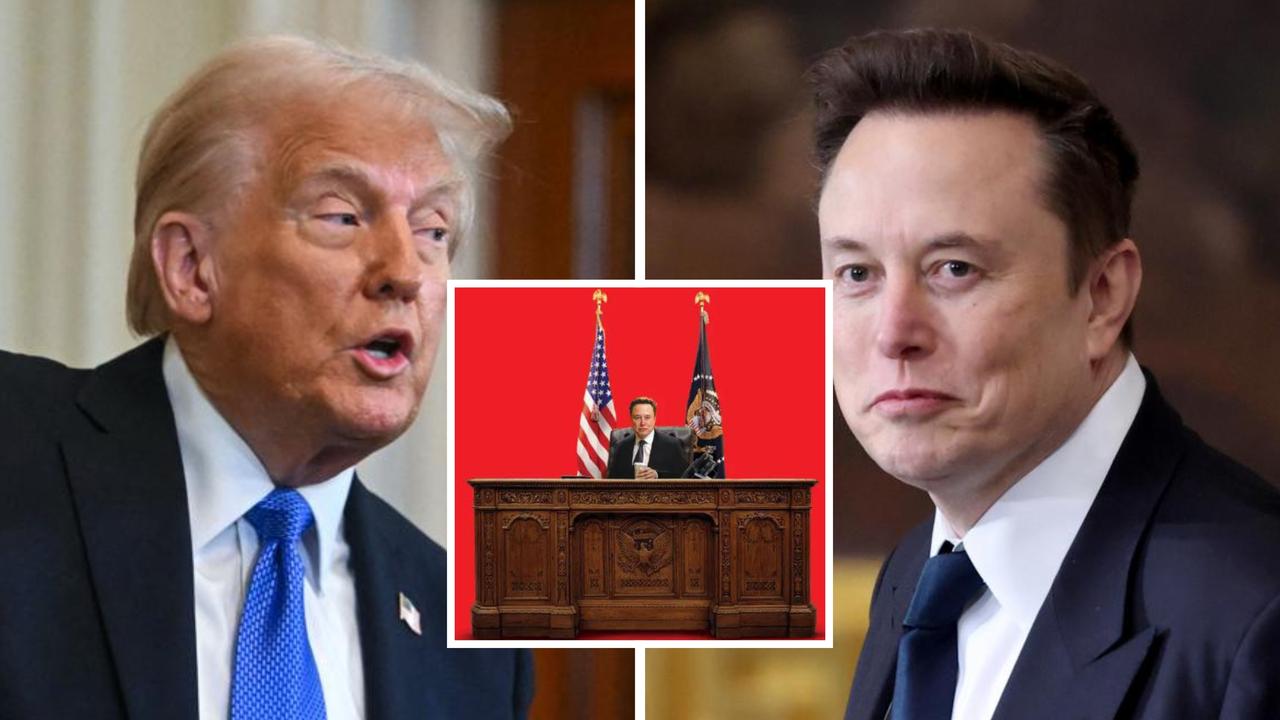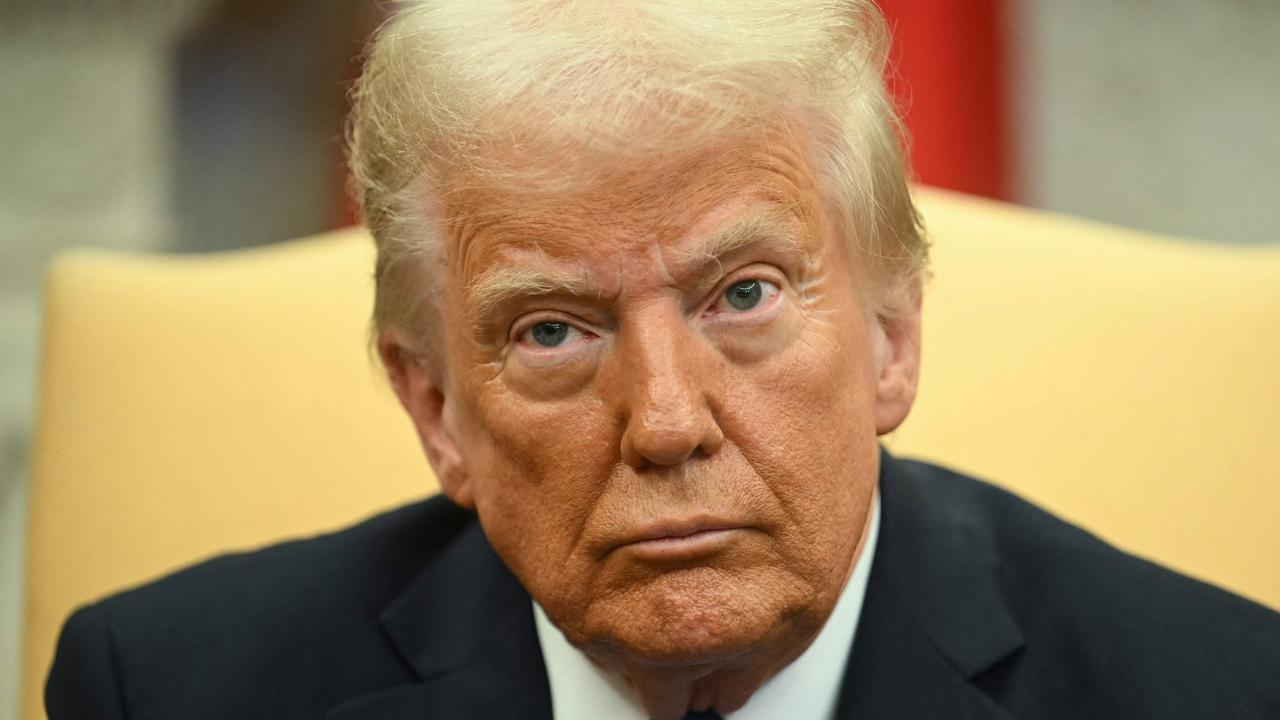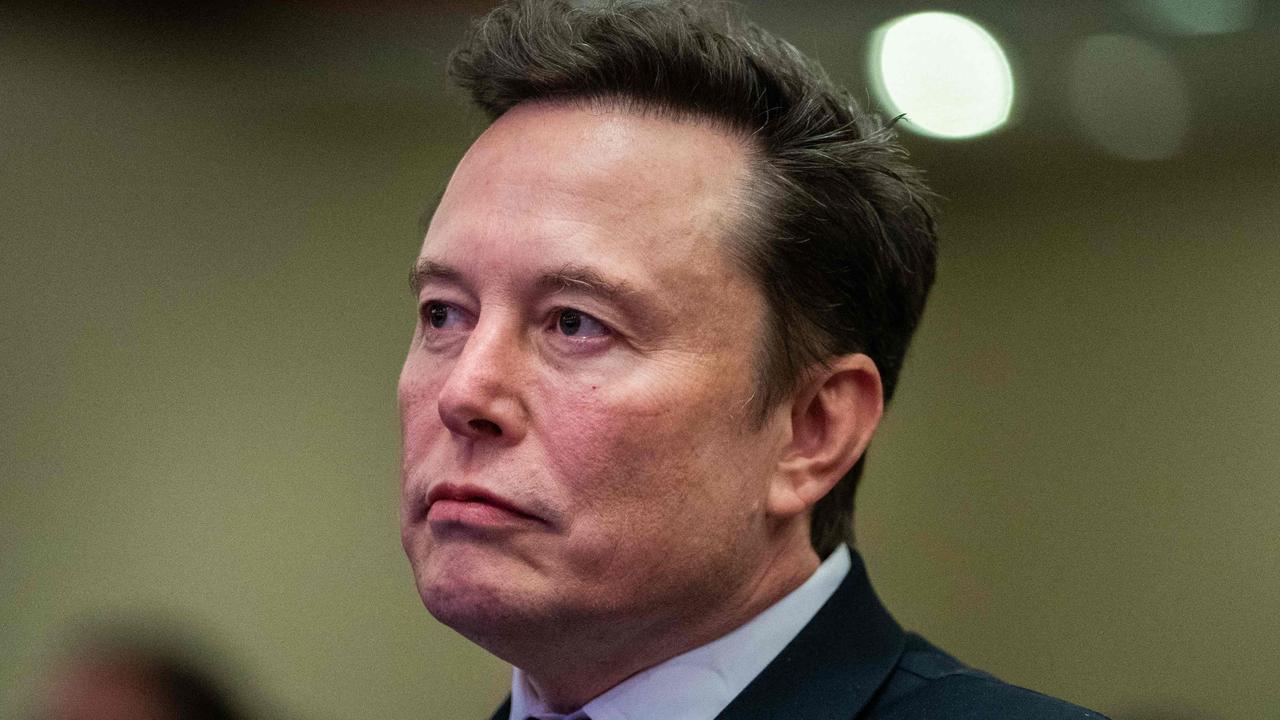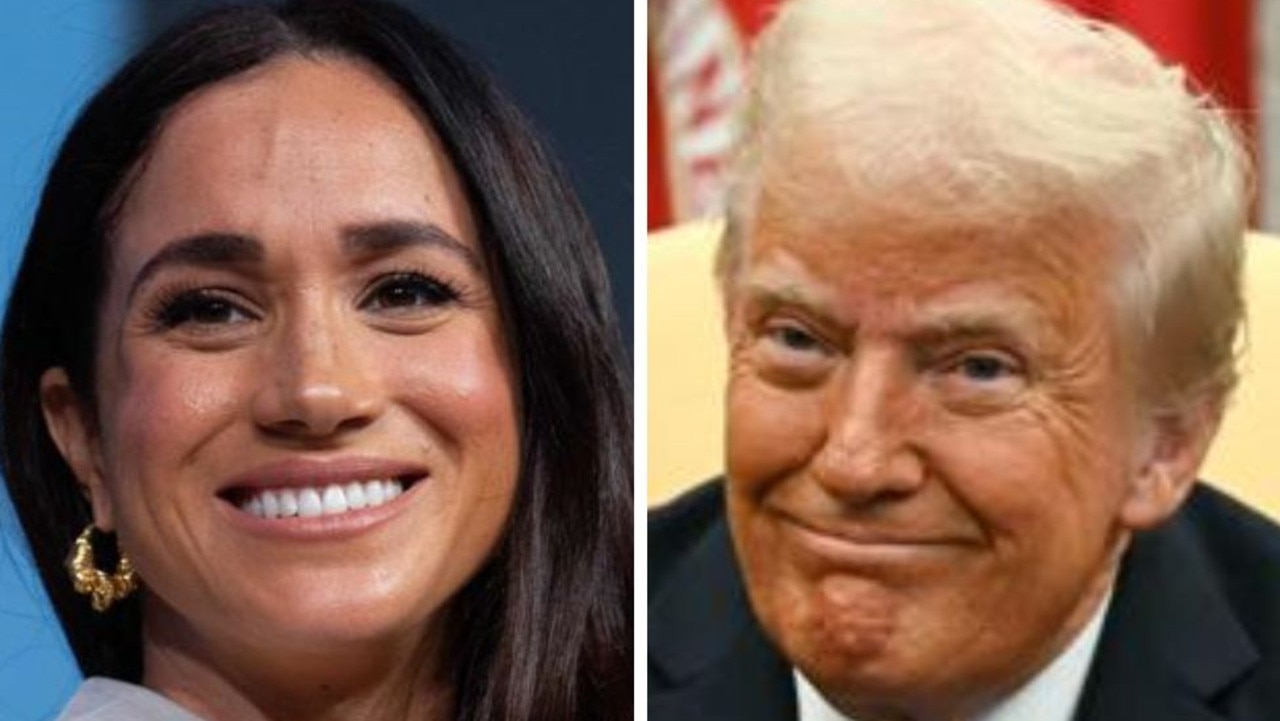Opinion: How Russia’s war with Ukraine could impact Asia
Russia’s brutal invasion of Ukraine might be happening in Europe but it could shake another part of the world, says Associate Professor William Partlett.
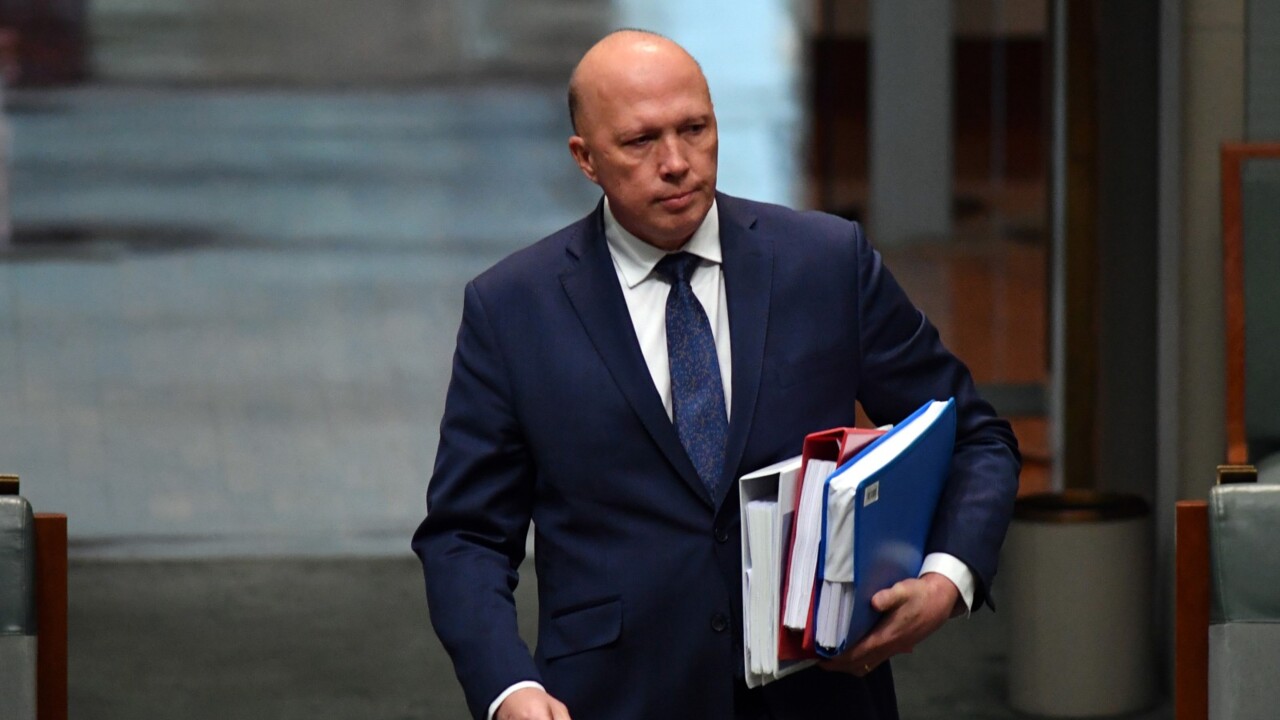
World
Don't miss out on the headlines from World. Followed categories will be added to My News.
For many, Vladimir Putin’s invasion of Ukraine has created a new values-based, international order where democratic societies (led by United States and Europe) face an existential struggle with the authoritarian world (led by China and Russia).
That might be happening in Europe but in Asia the reality is far murkier. For years, Russia has been playing both sides of Asia’s great power struggle, supplying arms and energy to both China and its rivals. This includes a growing military relationship between Russia and China’s key democratic rival (India).
These relationships are holding, suggesting that the invasion of Ukraine has not dislodged the continuing importance of strategic self-interest in Asia’s security landscape.
This will place limits on both Asia’s authoritarian alliance (Russia and China) as well as India’s role in the democratic Quad alliance.

Playing both sides in Asia
Russia is often viewed as a European power. But since the early 2000s, Russia has been rebuilding its influence in Asia.
Russia’s burgeoning relationship with China has been heavily reported. The recent joint “China-Russia pact” has been described as an Asian “alliance of autocracies.”
But Russia has also been rebuilding its relationship with key Chinese competitors in the region. After the military coup in February 2021, Russia declared military support for the Burmese ruling junta.
Next, in 2021, high level meetings between Russian and Vietnamese officials further cemented Russian involvement in the Vietnamese military sector.
Finally, and most notably, Russia has been cosying up to key Western allies in Asia. In December 2021, Mr Putin visited New Delhi, establishing a close 2+2 diplomatic relationship between Russia and India.
This closer relationship includes the intensification of arms sales as part of the tripling of bilateral trade by 2025.
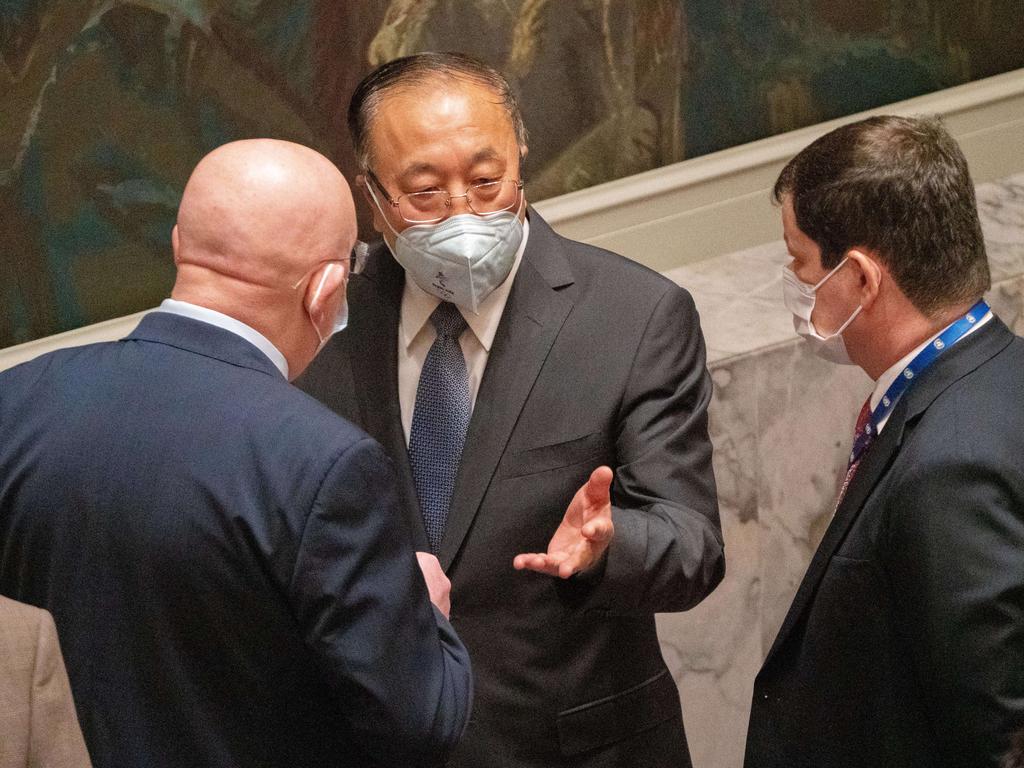
A new international order?
Putin’s decision to invade Ukraine on February 24 has revitalised a beleaguered transatlantic relationship between Europe and the United States.
It is tempting to see this as creating a new Cold War style, values-based order divided between democracies and authoritarian countries.
But Russia’s invasion has done nothing to dislodge Russia’s strategic partnerships in Asia with both China and its rivals.
Despite unease about Russia’s challenge to Ukraine’s sovereignty, China and Vietnam have refused to condemn the invasion and state media have blamed the conflict on the Ukrainians or the West.
More importantly, despite pressure from the United States and its Quad allies, India has refused to impose sanctions on Russia and even abstained from a UN vote condemning the invasion.
This suggests the continuing importance of an interest-based order in Asia.

Knowing that Russia is arming its rivals, China is unlikely to change its “axis of convenience”
relationship with Russia because they share authoritarian values.
China has an interest in ensuring Russia continues its struggle against the US-led order. But not much more.
Russia’s relationship with China will remain more one of convenient “frenemies” rather than committed allies.
Second, despite pressure from its democratic allies in the Quad alliance, India is unlikely to sanction or even strongly condemn Russia. This position also represents the importance of self interest. India needs arms supplies from Russia.
Further, in an echo of its old “non-aligned” position during the Cold War, India does not want to bet too heavily on a relationship with the United States, particularly given its worsening democracy and human rights record.
This will inevitably put important limits on India’s engagement with the other democracies in the Quad.
William Partlett is an Associate Professor, University of Melbourne
More Coverage
Originally published as Opinion: How Russia’s war with Ukraine could impact Asia



